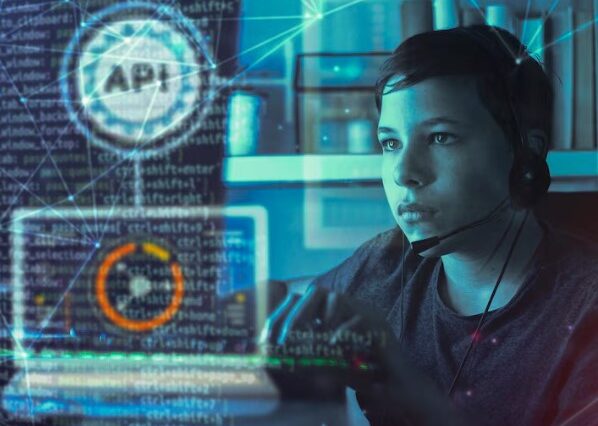- Cyber Security: Focuses on protecting systems, networks, and data from cyber threats, such as hacking, malware, and unauthorized access.
- Cyber Forensics: Involves investigating cybercrimes, collecting, and analyzing digital evidence, and presenting findings in legal proceedings.
- Graduates can pursue various roles in cybersecurity, such as security analyst, ethical hacker, forensic investigator, digital forensics analyst, cybersecurity consultant, and more.
- Career opportunities exist in industries like government agencies, law enforcement, financial institutions, healthcare organizations, technology companies, and cybersecurity firms.
- Students develop technical skills in areas like network security, cryptography, penetration testing, incident response, and forensic analysis.
- They also gain knowledge in legal and ethical aspects of cybersecurity, risk management, digital evidence handling, and investigative techniques.
- Soft skills such as critical thinking, problem-solving, communication, and teamwork are also emphasized.
- Many BSc programs incorporate hands-on lab exercises, simulations, and real-world case studies to provide practical experience.
- Students may have opportunities to work with industry-standard tools and technologies, participate in cyber competitions, and complete internships or capstone projects with organizations.

















